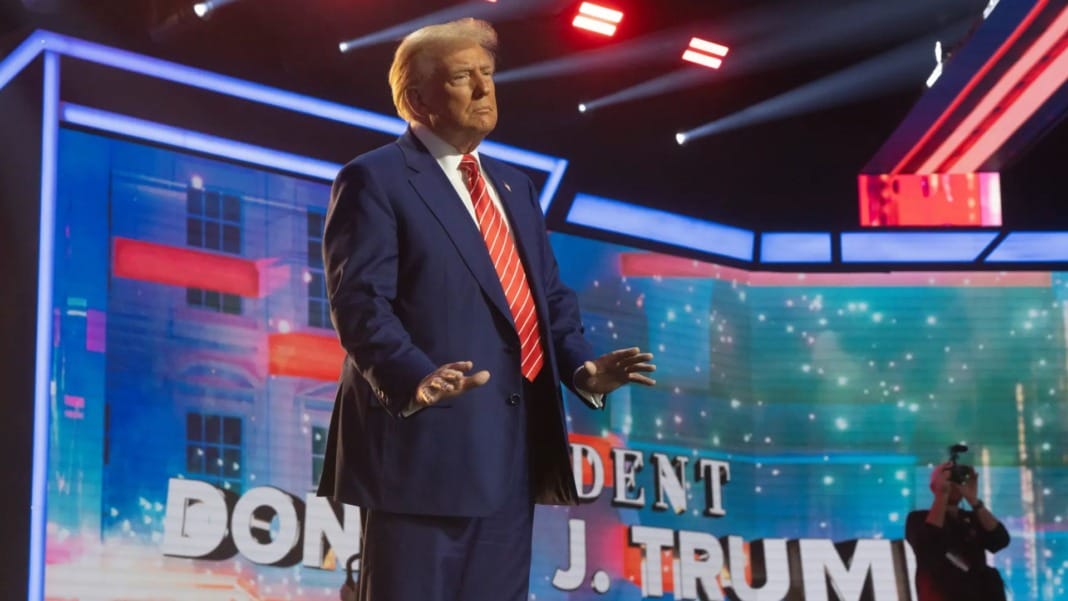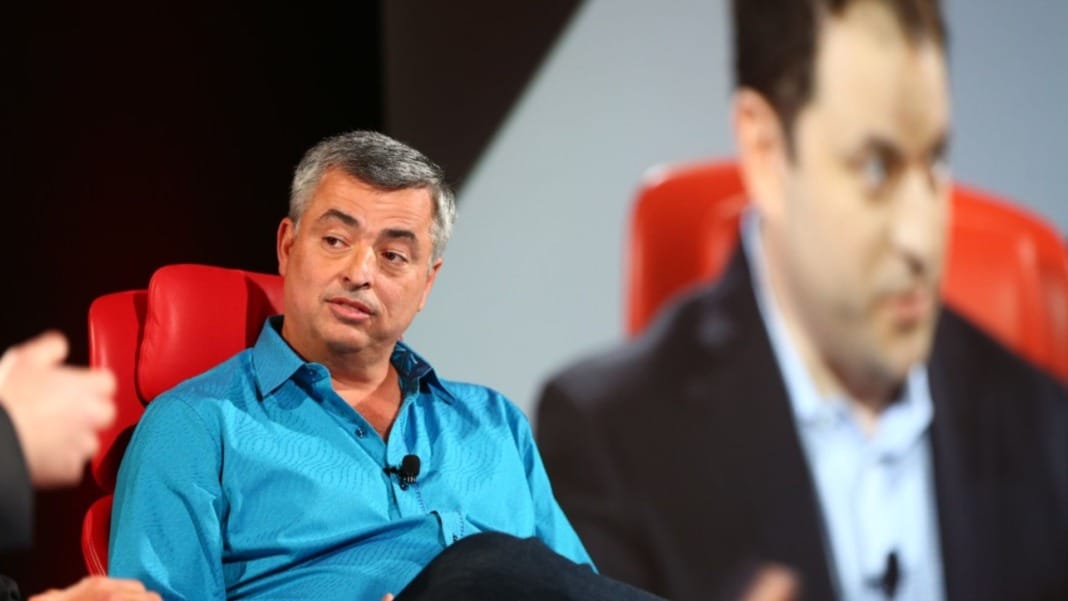President-elect Donald Trump urges the Supreme Court to allow him to negotiate a deal to prevent TikTok from being banned in the United States.
In a filing submitted to the court, Trump argues that he has the unique skills, political will, and electoral mandate to resolve the issue through negotiation once he takes office. He emphasises his “unmatched dealmaking expertise” and describes the situation as an opportunity to save TikTok, a platform with over 14 million of his followers.
The legal battle over TikTok
The controversy began when Congress passed a bill banning TikTok on national security grounds, citing concerns about its ties to its Chinese parent company, ByteDance. While the bill gives the president some authority to delay enforcement if a satisfactory resolution is reached, the deadline is January 19 — just one day before Trump is sworn in as president.
The Supreme Court has agreed to review arguments that the TikTok ban violates the First Amendment. In his request, Trump is asking the court to pause the January 19 deadline, arguing that a deal negotiated under his leadership would eliminate the need for the court to rule on this complex constitutional issue.
Although Trump has not offered specific details about his proposed agreement, it is widely believed that a resolution would require ByteDance to sell a significant portion of TikTok’s ownership to an American company.
A shift in Trump’s stance
During his first term, Trump was a vocal advocate for banning TikTok, citing similar national security concerns. However, his perspective shifted after his 2024 campaign effectively utilised the platform to reach younger audiences. In recent weeks, Trump met with TikTok CEO Shou Zi Chew at Mar-a-Lago, where he reportedly expressed openness to keeping the platform operational in the U.S.
Addressing a crowd after the meeting, Trump remarked, “Maybe we gotta keep this sucker around for a little while.”
Trump also referenced Brazil’s temporary ban on Elon Musk’s social platform, X, as a cautionary tale about the dangers of governments restricting access to social media platforms. He argues that TikTok is a vital tool for freedom of expression, especially for political speech, and that banning it could set a troubling precedent.
Ongoing political pressure
Despite Trump’s newfound willingness to negotiate, substantial political pressure remains to enforce the TikTok ban. Prominent lawmakers, including Senator Mitch McConnell and Congressman Ro Khanna, have joined forces with 22 U.S. states and former FCC Chairman Ajit Pai in filing petitions urging the Supreme Court to reject TikTok’s appeal.
As the January 19 deadline approaches, the fate of TikTok in the U.S. remains uncertain. Whether the Supreme Court will grant Trump’s request to delay the ban and allow him to strike a deal remains to be seen.





